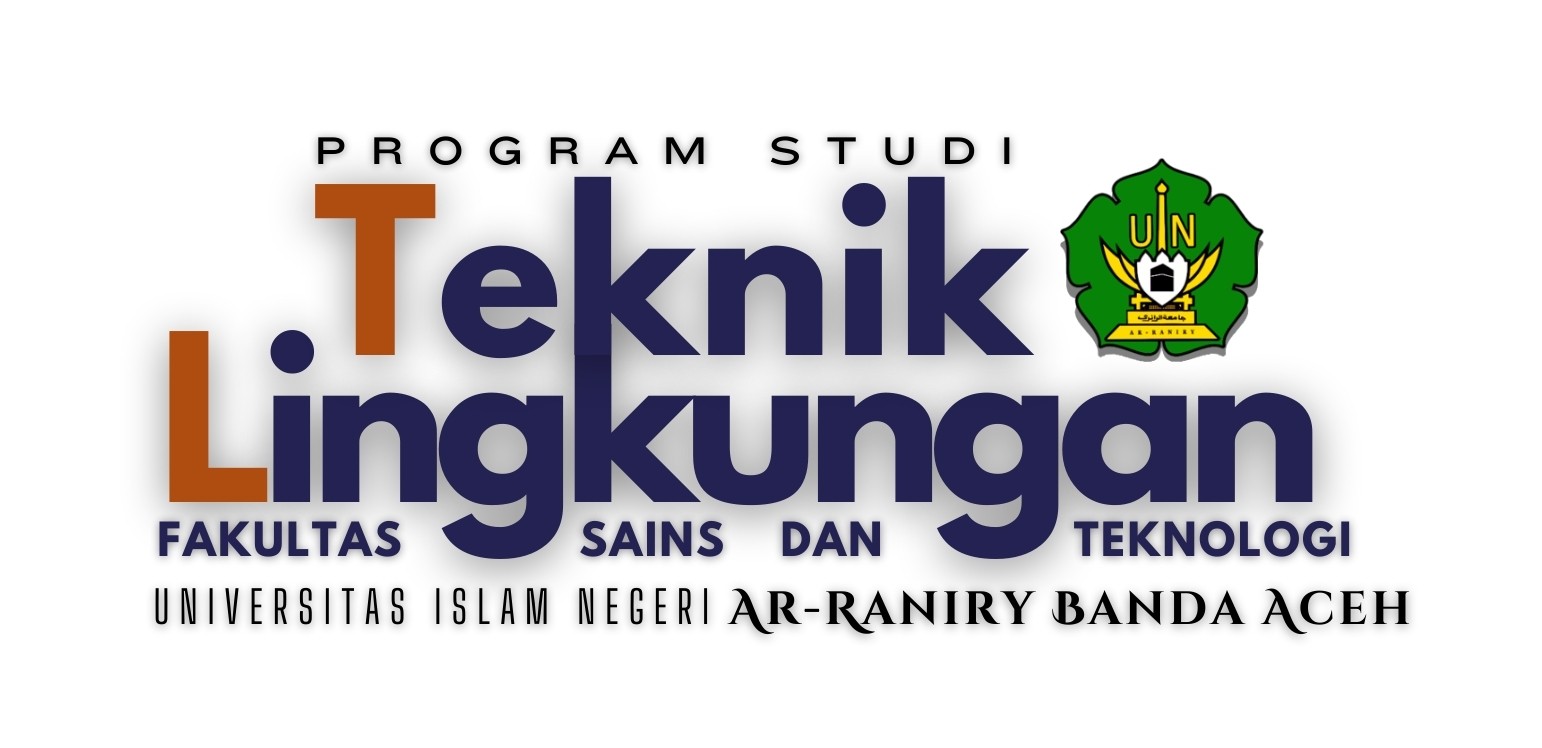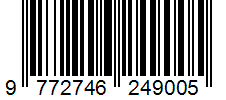SUBMIT YOUR MANUSCRIPT
View Profile
About Lingkar
Focus and Scope Editorial Team Peer Reviewers Abstracting & Indexing Open Access Policy Privacy Policy Contact
Author Links
Author Guidelines Submit Manuscript Journal Template Publication Ethics Screening for Plagiarism Policy Publication Fees
Reviewer Links
Become a Reviewer/Editor Peer-Review Process Reviewer Guidelines
Information
For Readers For Authors For Librarians
Visitor Statistics
Citations
Google Scholar
Citations 56
h-index 4
i10-index 0
Citations per year
4
2022
9
2023
24
2024
15
2025













